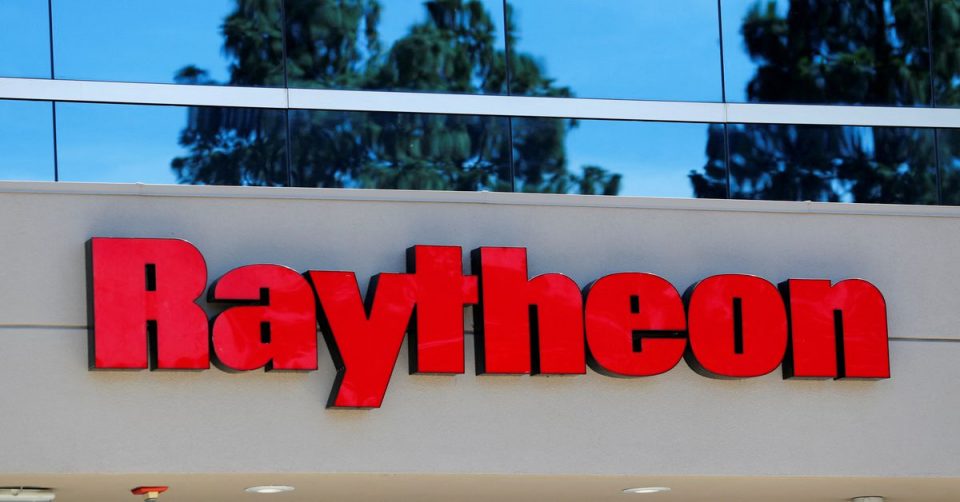A Raytheon building is shown in San Diego, California, U.S., June 10, 2019. REUTERS/Mike Blake/
Register now for FREE unlimited access to Reuters.com
July 26 (Reuters) – Raytheon Technologies Corp (RTX.N) on Tuesday reported lower-than-expected second-quarter revenue, as global supply chain issues dented production at the aerospace and defense firm.
Higher costs, supply chain snags, and early spring COVID-19 outbreaks have negatively impacted output both at Raytheon and its suppliers.
Raytheon shares fell 3.1% in premarket trade.
Register now for FREE unlimited access to Reuters.com
“We’re obviously working through some of these, supply chain inflation and labor availability challenges that we’ve talked a lot about. We expected supply chain to ease up this year in the second quarter. And we just did not see that happen,” Chief Financial Officer Neil Mitchill told Reuters in an interview.
The Waltham, Massachusetts-based company reported net sales of $16.31 billion in the quarter, missing Wall Street estimates of $16.60 billion.
However, adjusted earnings of $1.16 per share beat estimates of $1.12, Refinitiv data showed.
For the full year, Raytheon reaffirmed its previously provided outlook for revenue and profit.
Its Collins Aerospace unit, which makes both commercial and military jet parts, reported a 10.3% rise in quarterly sales.
On the defense side, Mitchill expected the second half of the year to remain a challenge due to rocket motor supply chain problems as well as labor and microprocessor shortages.
The company is seeing requests for more missile defense products, Mitchill said, but does not expect that interest to turn into revenue in the near term.
Last week, weapons maker Lockheed Martin Corp (LMT.N) had lowered its 2022 revenue and profit targets and earnings per share targets in part due to supply disruptions. read more
Register now for FREE unlimited access to Reuters.com
Reporting by Shivansh Tiwary in Bengaluru and Mike Stone in Washington; additional reporting by Nathan Gomes; editing by Shailesh Kuber and Jason Neely
Our Standards: The Thomson Reuters Trust Principles.


